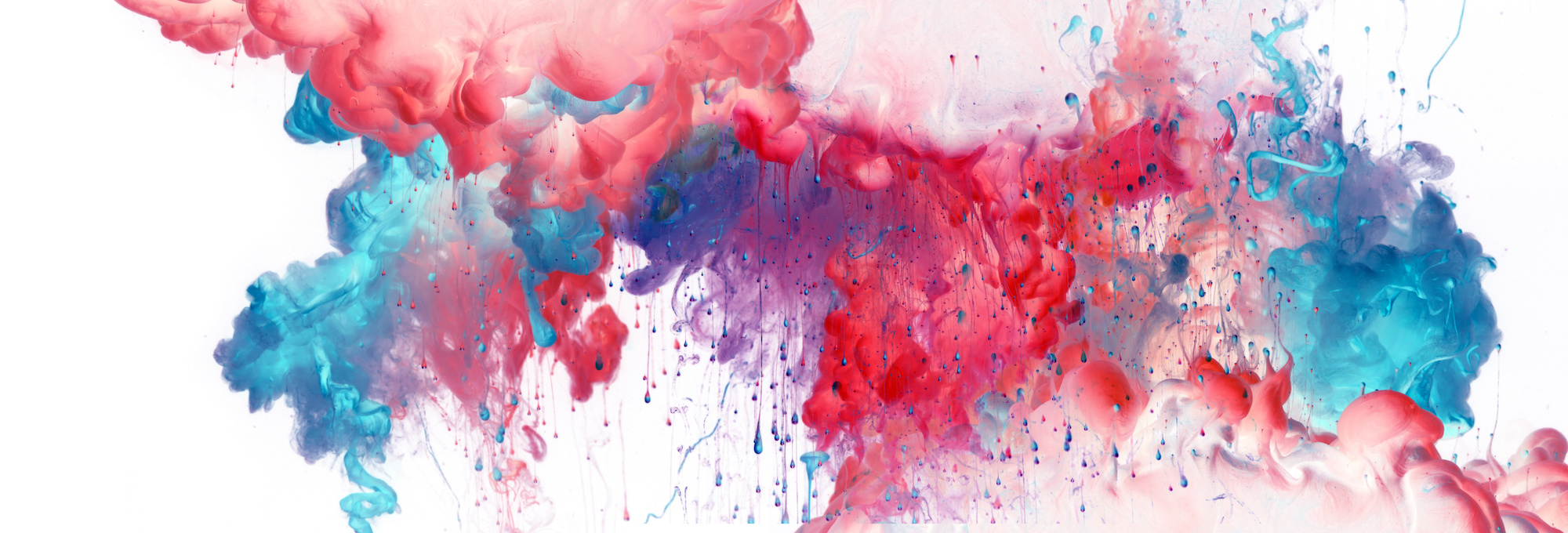Sign up for The Media Today, CJR’s daily newsletter.
Propaganda is the opposite of news. It seeks to obscure, where news seeks to make clear. Good reporting doesn’t just identify propaganda; it undermines its tranquilizing tactics and defeats its obscurantist goals. Reporters and the news organizations that employ them should naturally be the enemy of propaganda events. Coverage of the Republican National Convention, in the Washington Post and elsewhere, passed that test.
“Nearly every claim Trump made about Biden’s positions was false,” the Post noted in one headline. News coverage underscored the RNC’s “torrent of falsehoods,” and an op-ed, published under the Post’s “Perspectives” tag, observed that Trump was selling a “fantasy version of himself.” Faced with an absurd propaganda spectacle, the Post did the basic job of telling readers that they were seeing an absurd propaganda spectacle.
The thing is, the Democratic National Convention is also a propaganda event—one which features, I will grant you, a more pleasing form of propaganda. Where the RNC’s propaganda tried to stoke fear, racism, and glassy-eyed patriotic hypnosis, the DNC’s propaganda tried to instill a fuzzy sense of unity, a shallow feeling of hope, and a glassy-eyed sort of patriotic hypnosis that was more racially diverse.
Compared with its coverage of the RNC, the Post’s DNC coverage sometimes struck a tone that was a little too credulous to be healthy. “Michelle Obama’s speech was like an empathetic neighbor expressing sorrow for what our country has become,” read one Perspectives piece. “On a night of sales pitches and political star power, health-care activist Ady Barkan kept it real,” read another. There were gushing news stories about the 50-state roll-call video, the security guard who nominated Joe Biden, and Kamala Harris’s courtship of her entertainment lawyer husband, all published during the Democratic convention.
All presidential conventions are pure propaganda events, from which any actual news has been painstakingly purged in advance.
For a news outlet such as the Post to cover the DNC as somewhat more inspiring than the RNC is understandable. Most people who report on politics for legitimate mainstream news organizations are thoroughly moderate establishmentarians, but you don’t need to be a “radical” to be scared by today’s Republican Party messaging. “Being well-informed about what is happening in American politics” and “praying that Donald Trump loses the election so that we aren’t forced to find out what further atrocities he might undertake” naturally go together, at least for those people who do not stand to personally gain from a Republican victory.
At their core, all presidential conventions are pure propaganda events, from which any actual news has been painstakingly purged in advance, in order to forestall any possibility of distracting from the unanimity of the party’s chosen message. They are, essentially, the political versions of a new iPhone unveiling event. They have even less news value than the tightly scripted marketing of Super Bowl week. (At least the Super Bowl itself comes with some element of uncertainty as to who will win.) Republicans and Democrats present their treacle in different flavors, but none of it is nourishing.
Still, while news organizations are not obligated to say that both presidential conventions are the same, they are obligated to cover both with the skepticism and critical thought that propaganda demands. That means being honest about the commonalities in how they pursue power. Our job is to question power and eschew the obfuscations of the powerful. Both the DNC and the RNC should be covered for what they are: bad TV shows. They are like below-average episodes of “Young Sheldon” in which all the actors’ lines are being written by defense-contractor lobbyists. It is actually bad for democracy to treat these government charades with any respect. Laughing at their jokes will only encourage them. Don’t give them an inch. You’ll only encourage them to lie to us more.
NEW AT CJR: Me Too in the French Press
Has America ever needed a media defender more than now? Help us by joining CJR today.



